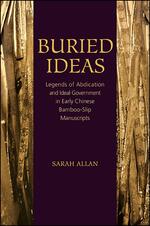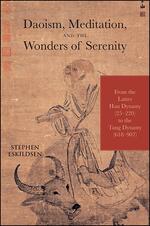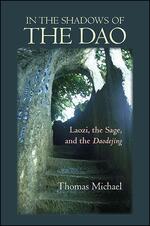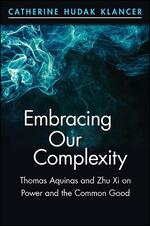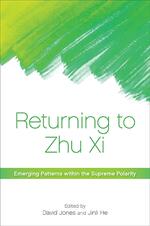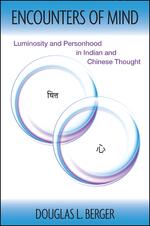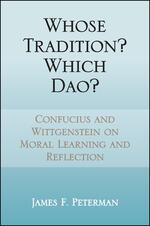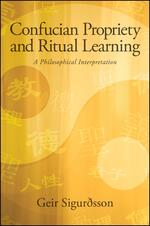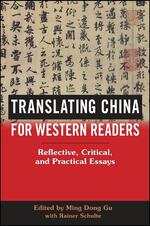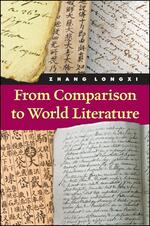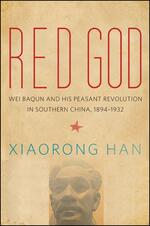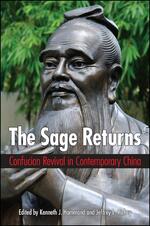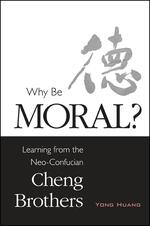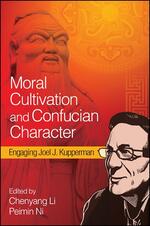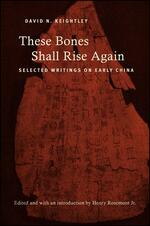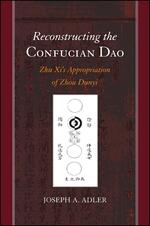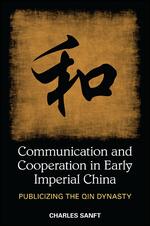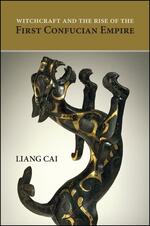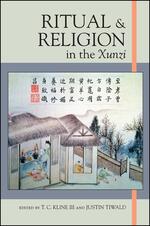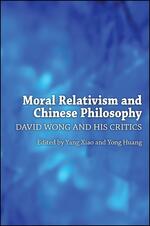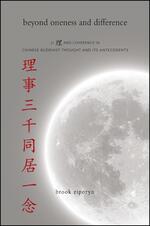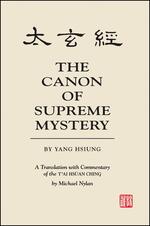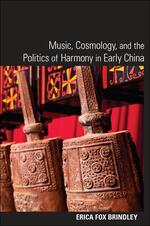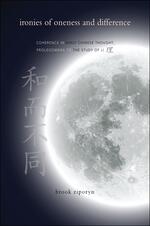SUNY series in Chinese Philosophy and Culture
Buried Ideas
Four Warring States texts discovered during recent decades challenge longstanding understandings of Chinese intellectual history.
Daoism, Meditation, and the Wonders of Serenity
An overview of Daoist texts on passive meditation from the Latter Han through Tang periods.
In the Shadows of the Dao
Challenges standard views of the origins of the Daodejing, revealing the work’s roots in a tradition of physical cultivation.
Embracing Our Complexity
Using the thought of Christian thinker Thomas Aquinas and Neo-Confucian Zhu Xi, explores how to exercise and limit authority.
Returning to Zhu Xi
A reconsideration of Zhu Xi, known as the “great synthesizer” of Confucianism, which establishes him as an important thinker in his own right.
Encounters of Mind
Discusses the journey of Buddhist ideas on awareness and personhood from India to China.
Whose Tradition? Which Dao?
Considers the notable similarities between the thought of Confucius and Wittgenstein.
Confucian Propriety and Ritual Learning
A reconsideration of the Confucian concept li (ritual or ritual propriety), one that references Western philosophers as well as the Chinese context.
Translating China for Western Readers
Explores the challenges of translating Chinese works for Western readers, particularly premodern texts.
From Comparison to World Literature
Reintroduces the concept of “world literature” in a truly global context, transcending past Eurocentrism.
Red God
The career of communist revolutionary Wei Baqun, one of China’s “three great peasant leaders” and man of the southern frontier.
The Sage Returns
An interdisciplinary exploration of the contemporary Confucian revival.
Why Be Moral?
Explores the resources for contemporary ethics found in the work of the Cheng brothers, canonical neo-Confucian philophers.
Moral Cultivation and Confucian Character
A consideration of Confucian ethics that employs the work and concerns of the eminent comparative ethicist Joel J. Kupperman.
These Bones Shall Rise Again
David N. Keightley’s seminal essays on the origins of Chinese society are brought together in one volume.
Reconstructing the Confucian Dao
Discusses how Zhou Dunyi's thought became a cornerstone of neo-Confucianism.
Communication and Cooperation in Early Imperial China
Challenges traditional views of the Qin dynasty as an oppressive regime by revealing cooperative aspects of its governance.
Witchcraft and the Rise of the First Confucian Empire
Contests long-standing claims that Confucianism came to prominence under China's Emperor Wu.
Ritual and Religion in the Xunzi
Challenges traditional views to consider Xunzi as a religious thinker.
Moral Relativism and Chinese Philosophy
A wide ranging consideration of the work of contemporary ethicist David Wong.
Beyond Oneness and Difference
Continues the author’s inquiry into the development of the Chinese philosophical concept Li, concluding in Song and Ming dynasty Neo-Confucianism.
The Canon of Supreme Mystery by Yang Hsiung
Translation of the first grand synthesis of classic Chinese thought.
Music, Cosmology, and the Politics of Harmony in Early China
Explores the religious, political, and cultural significance attributed to music in early China.
Ironies of Oneness and Difference
Explores the development of Chinese thought, highlighting its concern with questions of coherence.
Dubious Facts
An innovative approach to historical records assesses how evidence claims and policy arguments were put forth in the royal courts of early China.
